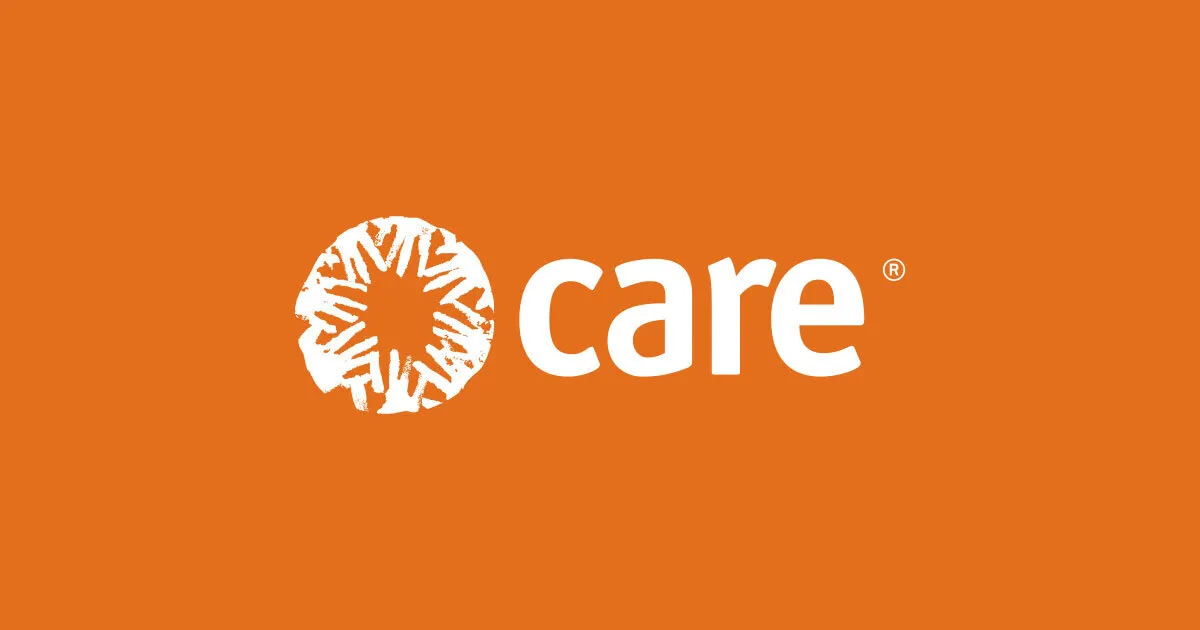Today, a group of 54 international NGOs from across the humanitarian, development, and peacebuilding sectors sent a letter to Administrator Samantha Power praising her commitment to direct 25% of U.S. foreign assistance to authentically local, autonomous organizations.
Ritu Sharma, CARE’s VP of Policy and Advocacy, issued the following statement:
“I am thrilled to see such robust support from across our sector for locally-led development. We recognize that the time has come to not just shift resources, but also power. This historic number of international NGOs, as well as 1,200 local organizations from across the Global South, is evidence that change is on its way.
Now is the moment to center U.S. foreign assistance on those it is meant to help and directly fund the organizations closest to the challenges and the solutions. I look forward to this group of organizations joining hands with the Biden Administration and Administrator Power to direct 25% of U.S. foreign assistance to local organizations.”
The letter from over 1,200 local organizations praising the decision can be found here.
The letter from INGOs is below:
Dear Administrator Power,
As international NGOs from across the humanitarian, development and peacebuilding sectors, we write to thank you for your inspiring speech at Georgetown University earlier this month. We applaud your vision to ensure that our foreign assistance is more responsive and centered on the needs and aspirations of local actors. We commend your commitment to rebuilding our foreign and civil services to reflect the diversity of the American people. We are pleased that you will be placing more trust and decision-making power in our foreign service nationals. We welcome your steps to mainstream gender equity in USAID Missions with dedicated personnel.
We stand ready to support USAID in achieving its near-term goal that 25% of U.S. foreign assistance directly fund authentically local, autonomous organizations, and its longer-term target to, by the end of the decade, ensure 50% of assistance funds local voices, thereby shifting power to local actors. We appreciate that this effort builds on work that has already begun and are confident that your leadership, expertise, and consideration of lessons learned will result in unprecedented success.
As international NGOs we acknowledge that our industry has historically allowed programmatic complexities, short timelines, financial interests, and entrenched power structures to keep many organizations across our sector from becoming full champions and practitioners of locally led development and the provision of humanitarian aid. We are committed to doing the transformational work required to be allies, connectors, and partners to advance locally led development. We hope to strengthen the networks that place local organizations at the forefront of this work, including by supporting groups around the world who are facing similar challenges so that they can connect and share expertise and resources.
While there are of course challenges inherent to committing a greater percentage of direct foreign assistance to local organizations, there is convincing evidence demonstrating that locally led programs are more likely to deliver results that are sustained over time. The risks of failing are larger when our foreign assistance programs are not focused on local organizations and local priorities. We are committed to ensuring that risk aversion in partnering with new, local actors does not slow progress, so that U.S. foreign assistance can reach its full impact.
We join you in a determination to maximize the effectiveness and responsiveness of U.S. foreign assistance by investing more of our resources directly in local partners. We know locally led development and the delivery of humanitarian aid will help transform our aid system to become a better tool toward fighting poverty and inequality, make aid more gender equitable, and combat corruption and bad governance. We are ready to work with you to ensure that U.S. assistance is more responsive, inclusive, and locally led.
Sincerely,
ACDI/VOCA
Action Against Hunger
Advocates for Youth
Alliance for Peacebuilding
Alliance to End Hunger
American Jewish World Service
American Red Cross
Bread for the World
CARE USA
Cadasta Foundation
Catholic Relief Services
ChildFund International
Christian Connections for International Health
Church World Service
Congressional Hunger Center
Food for the Hungry
Fòs Feminista
Friends of UNFPA
George Ingram
Global Communities
HIAS
Habitat for Humanity International
Heartland Alliance International
Humanity & Inclusion
Humentum
IESC
IREX
InterAction
Ipas
Islamic Relief USA
John Snow, Inc. (JSI)
Life & Peace Institute
Management Sciences for Health
Mercy Corps
ONE Campaign
Oxfam America
PAI
Peace Direct
Physicians for Peace
Plan International USA
Planned Parenthood Global
Population Services International (PSI)
Pulte Institute for Global Development, University of Notre Dame
ReSurge International
Save the Children US
Solidarity 2020 and Beyond
The Hunger Project
The United Methodist Church – General Board of Church and Society
WaterAid America
Women for Women International
Women’s Refugee Commission
World Education, Inc.
World Learning
World Vision US
CC:
Paloma Adams-Allen, Deputy Administrator
Isobel Coleman, Deputy Administrator
Michele Sumilas, Assistant to the Administrator, PPL
Don Steinberg, Expert Advisor, Locally-Led Development

